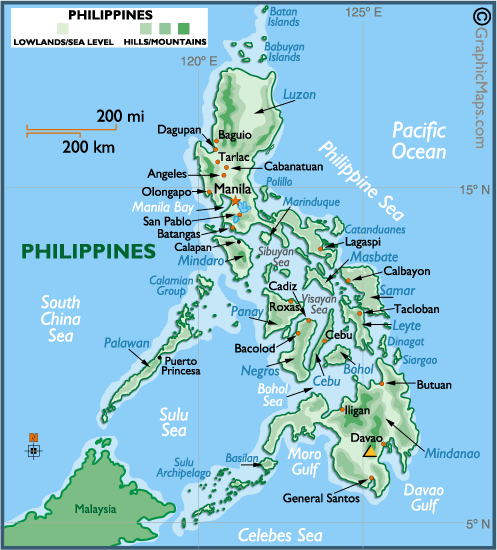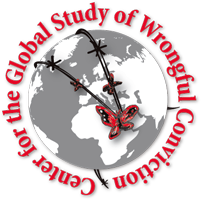 As I blogged previously, some key people in the Philippines are launching an IP there. Here are some excepts from the “white paper” concerning founding and organization structure, which could be helpful to those attempting to start innocence organizations around the world:
As I blogged previously, some key people in the Philippines are launching an IP there. Here are some excepts from the “white paper” concerning founding and organization structure, which could be helpful to those attempting to start innocence organizations around the world:
Brief Description, Rationale and Purposes
The Philippine Innocence Project is a network of law school clinics, scientific and academic laboratories and non-governmental organizations, that seeks to make justice accessible for wrongfully convicted persons.
Wrongful convictions are not new to the Philippines. In 2004, the Philippine Supreme Court released statistics that showed a high judicial error rate of 71.77 % in capital cases (People v. Mateo, GR No. 147678-87, 07 July 2004).
In, among others, recognition of the country’s high judicial error rate and the phenomenon of wrongful convictions, the Supreme Court promulgated the Rule on DNA Evidence (A.M. No. 06-11-5-SC), which allows post-conviction DNA testing without need of prior court order by the prosecution or any person convicted by final and executory judgment where a biological sample exists and the sample is relevant to the case and the testing would probably result in the reversal or modification of the conviction (Section 6).
In order to make justice accessible to wrongfully convicted persons, the Philippine Innocence Project aims specifically to:
• Provide coordinated free legal assistance to persons wrongfully convicted; • Advocate reforms in policies, laws, judicial rules, legal education, and criminal investigative procedures and evidence handling to redress wrongful convictions in the Philippines;
• Enhance the capacities of justice stakeholders including judges, prosecutors, lawyers, criminal and forensic investigators, law students, etc. to eradicate or mitigate wrongful convictions in the country; and • Establish an independent and accurate data bank containing all pertinent information on wrongful convictions in the Philippines.
Functional Relationships and Organizational Structure As a network, the Philippine Innocence Project shall have four main functional components:
1. A central clearinghouse, which shall, among others, receive and screen all applications, assign accepted cases to the law school clinics/legal aid organizations, and provide general support to law school clinics/legal aid organizations;
2. The law school clinics/legal aid organizations, which shall integrate the Philippine Innocence Project in their activities, train their students/volunteers, and handle cases assigned by the central clearinghouse;
3. The DNA and forensic laboratory and experts, which shall undertake DNA and other forensic testing for cases referred by the law school clinics/legal aid organizations; and
4. The public relations and funding team, which shall undertake public relations activities, liaise with the Innocence Network and other international organizations, and secure international support, funds and resources for the Philippine Innocence Project.
As of June 16, 2012, the following entities, in alphabetical order, have agreed to establish the Philippine Innocence Project:
• College of Law, Ateneo de Davao University; • College of Law, De La Salle University; • DNA Analysis Laboratory, NSRI, University of the Philippines; • Free Legal Assistance Group [FLAG]; • Give Up Tomorrow Team; and • Office of Legal Aid, College of Law, University of the Philippines.
The specific functions of each of the participating entities, as well as the central clearing house, are presented in the figure below.
The proposed organizational structure of the Philippine Innocence Project central clearinghouse (see figure below) consists of:
• A Board of Directors, to be composed of representatives of participating entities;
• An Executive Director, to be selected by the Board of Directors;
• A Case Manager, to be hired by the Executive Director, and to be assisted by a Staff Attorney, an Intake and Screening Assistant, and Student Volunteers from the participating law school clinics based in Metro Manila;
• A Research and Training Officer, to be hired by the Executive Director, and to be assisted by a Research Assistant and a Training Assistant;
• A Data and Monitoring Officer, to be hired by the Executive Director, and to be assisted by a Data Processor;
• A Budget and Administrative Officer, to be hired by the Executive Director, and to be assisted by a Bookkeeper, Receptionist/Secretary and Messenger; and
• A Finance Officer, to be hired by the Executive Director, and to be assisted by an Assistant/Secretary.



















Pingback: The Pointlessness of the Anti-GMA Rage | Get Real Post